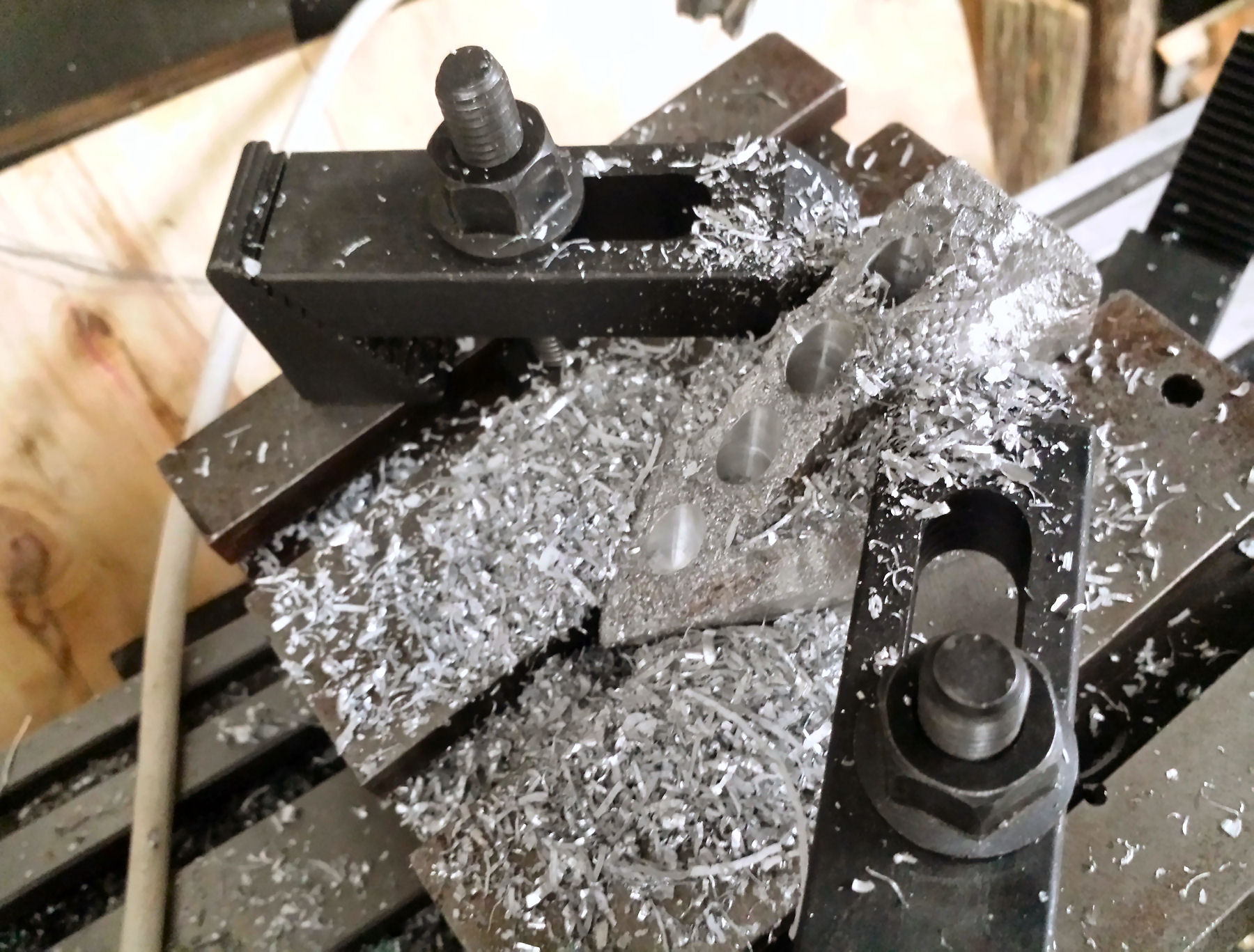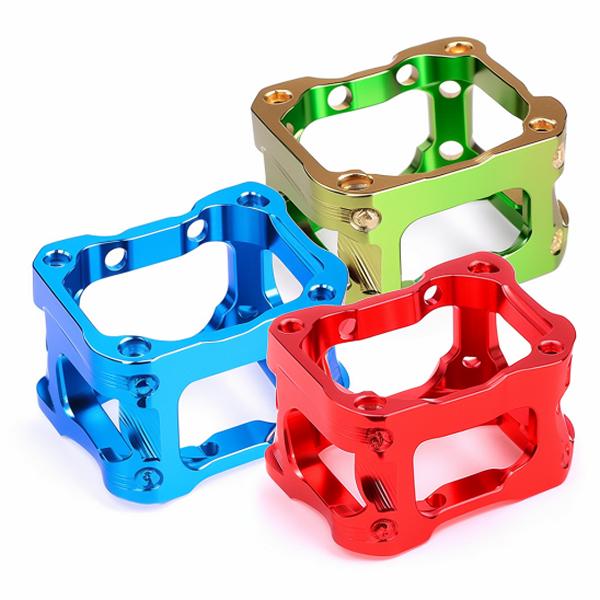Alcast Company Fundamentals Explained
Table of ContentsThe Only Guide to Alcast CompanyIndicators on Alcast Company You Should KnowThe 10-Minute Rule for Alcast CompanySome Known Incorrect Statements About Alcast Company The 7-Minute Rule for Alcast CompanyThe 7-Minute Rule for Alcast Company
The subtle distinction hinges on the chemical material. Chemical Comparison of Cast Aluminum Alloys Silicon promotes castability by minimizing the alloy's melting temperature and boosting fluidity throughout spreading. It plays an essential function in permitting complex molds to be loaded accurately. Additionally, silicon adds to the alloy's toughness and wear resistance, making it beneficial in applications where sturdiness is critical, such as auto parts and engine components.It also improves the machinability of the alloy, making it much easier to refine right into finished products. This way, iron adds to the total workability of aluminum alloys. Copper increases electric conductivity, making it advantageous in electrical applications. It also enhances rust resistance and includes in the alloy's total stamina.
Manganese contributes to the toughness of aluminum alloys and boosts workability. Magnesium is a lightweight element that supplies toughness and impact resistance to aluminum alloys.
Alcast Company Can Be Fun For Everyone
It allows the manufacturing of lightweight parts with superb mechanical buildings. Zinc improves the castability of light weight aluminum alloys and helps regulate the solidification procedure throughout casting. It boosts the alloy's stamina and hardness. It is often located in applications where detailed forms and fine details are essential, such as ornamental spreadings and specific automobile parts.

The primary thermal conductivity, tensile strength, yield stamina, and prolongation differ. Select appropriate resources according to the performance of the target item generated. Among the above alloys, A356 has the greatest thermal conductivity, and A380 and ADC12 have the most affordable. The tensile limitation is the opposite. A360 has the most effective yield toughness and the greatest prolongation price.
Our Alcast Company Statements

In precision spreading, 6063 is appropriate for applications where intricate geometries and premium surface finishes are extremely important. Examples include telecommunication enclosures, where the alloy's remarkable formability enables for sleek and aesthetically pleasing designs while keeping architectural stability. In a similar way, in the Illumination Solutions sector, precision-cast 6063 elements produce sophisticated and effective illumination components that call for detailed shapes and good thermal efficiency.
The A360 shows exceptional prolongation, making it excellent for complex and thin-walled components. In accuracy spreading applications, A360 is well-suited for industries such as Consumer Electronics, Telecommunication, and Power Tools.
All about Alcast Company
Its distinct properties make A360 a valuable option for accuracy spreading in these markets, boosting product sturdiness and quality. aluminum foundry. Light weight aluminum alloy 380, or A380, is an extensively utilized casting alloy with numerous distinct attributes.
In precision casting, aluminum 413 beams in the Customer helpful resources Electronics and Power Equipment industries. It's typically made use of to craft elaborate components like mobile phone real estates, camera bodies, and power tool coverings. Its precision is remarkable, with limited tolerances up to 0.01 mm, guaranteeing remarkable product setting up. This alloy's premium deterioration resistance makes it an excellent choice for outside applications, ensuring long-lasting, sturdy products in the discussed industries.
Little Known Questions About Alcast Company.
The light weight aluminum alloy you choose will substantially affect both the spreading process and the residential properties of the final item. Since of this, you have to make your choice very carefully and take an educated technique.
Identifying one of the most suitable light weight aluminum alloy for your application will certainly mean weighing a wide array of attributes. These relative alloy characteristics adhere to the North American Die Spreading Organization's standards, and we have actually divided them right into 2 classifications. The very first group addresses alloy qualities that influence the production procedure. The second covers qualities affecting the residential properties of the last item.
Alcast Company Fundamentals Explained
The alloy you choose for die casting directly affects a number of elements of the casting process, like exactly how simple the alloy is to function with and if it is vulnerable to casting problems. Warm cracking, additionally referred to as solidification breaking, is a typical die casting problem for light weight aluminum alloys that can cause inner or surface-level splits or splits.
Specific aluminum alloys are more susceptible to hot cracking than others, and your option should consider this. Another common issue found in the die spreading of light weight aluminum is die soldering, which is when the actors stays with the die wall surfaces and makes ejection tough. It can damage both the actors and the die, so you ought to try to find alloys with high anti-soldering residential properties.
Deterioration resistance, which is currently a significant attribute of aluminum, can vary significantly from alloy to alloy and is a crucial characteristic to think about depending upon the ecological conditions your product will certainly be exposed to (aluminum foundry). Wear resistance is an additional property typically sought in aluminum products and can separate some alloys